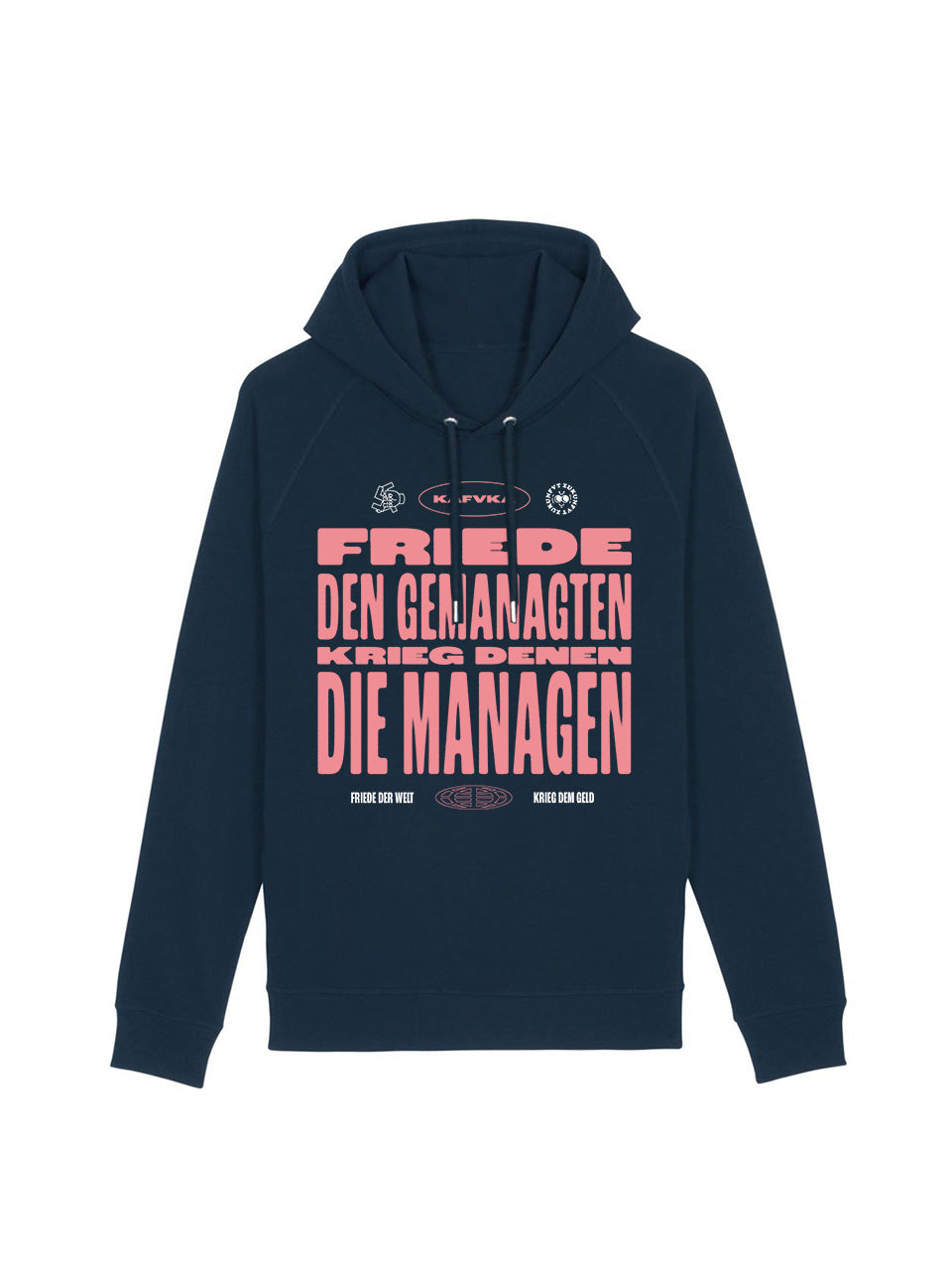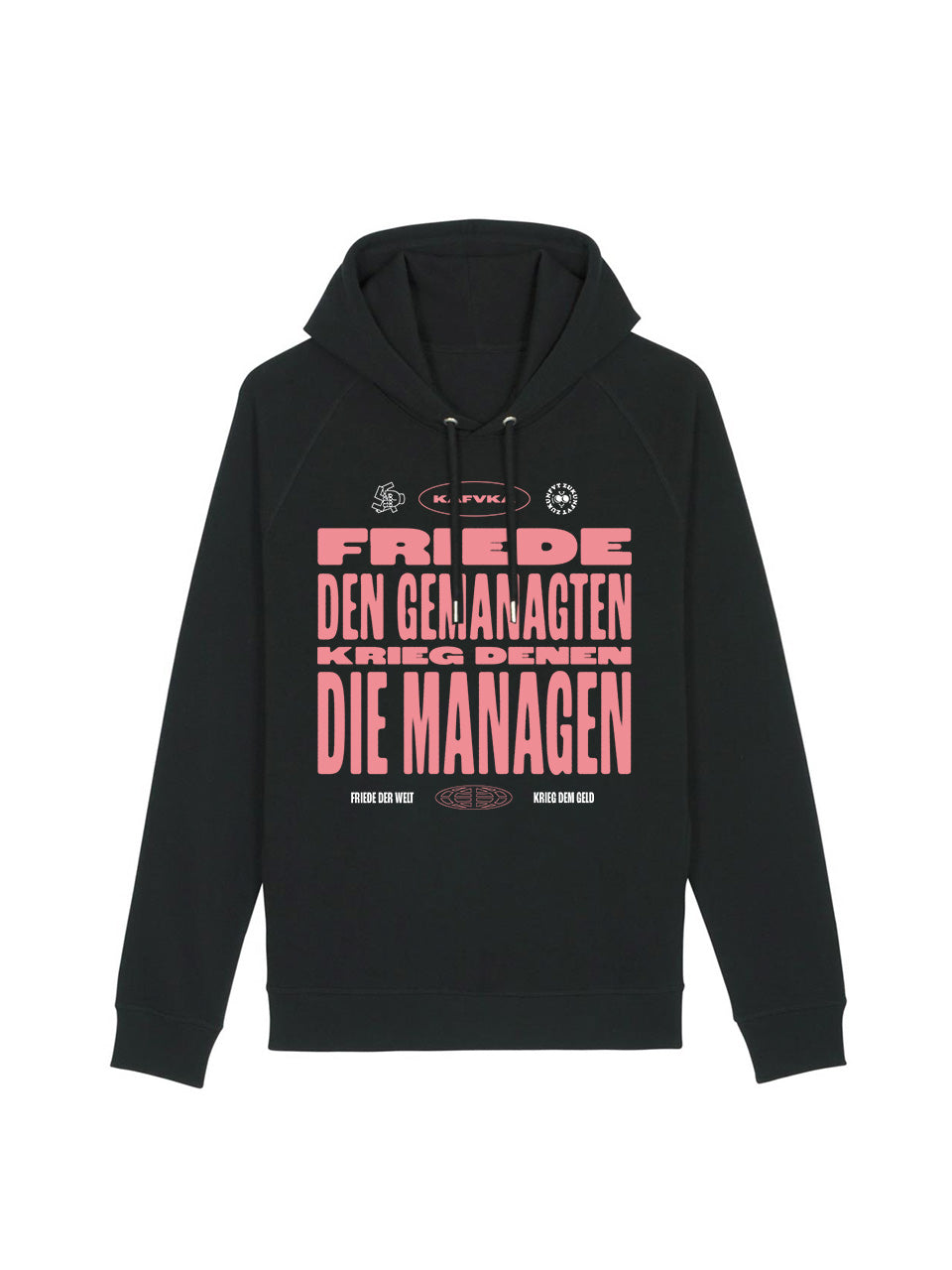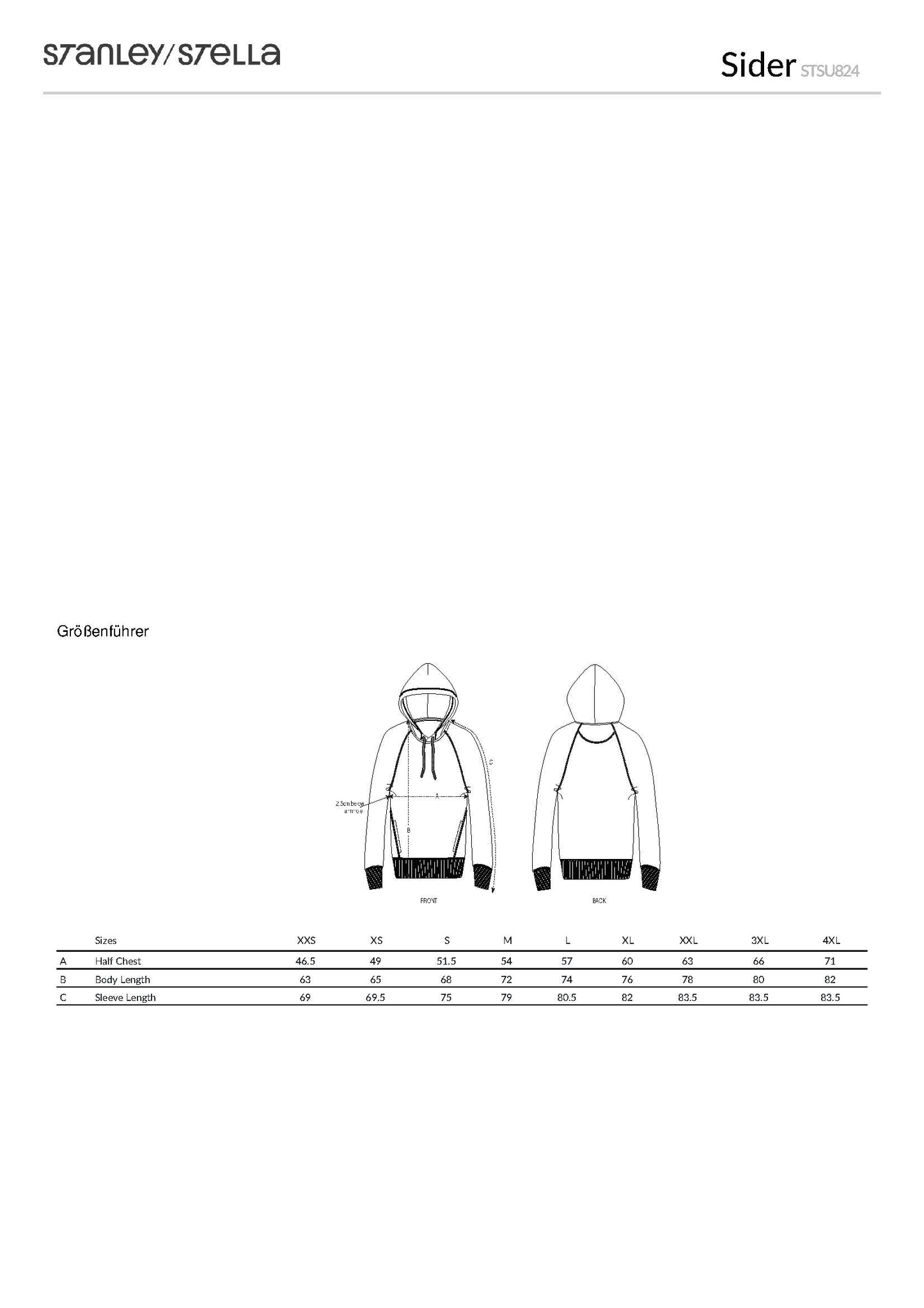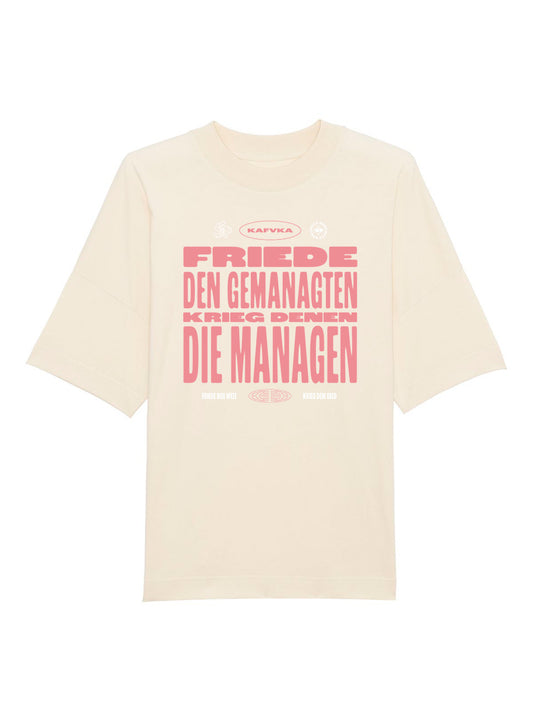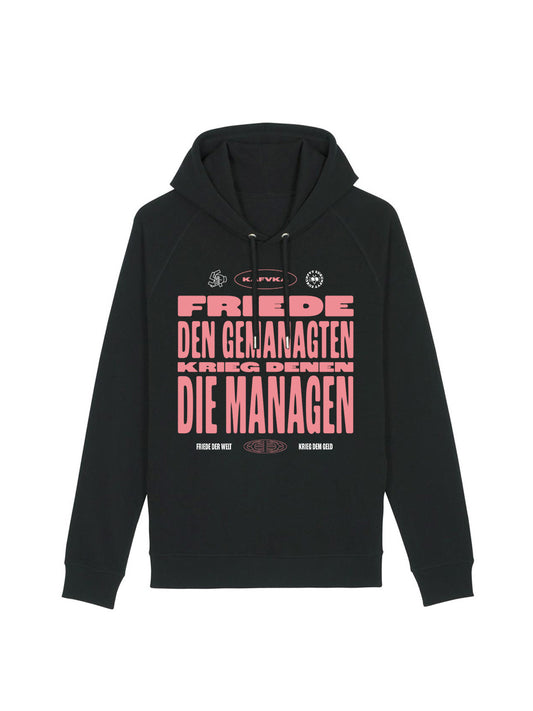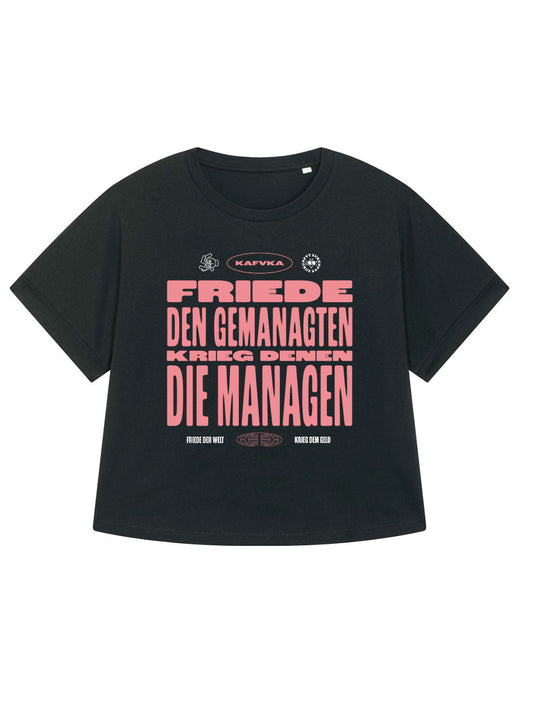Kapuzenpullover Kafvka Friede Den Gemanangten
Kapuzenpullover Kafvka Friede Den Gemanangten
Couldn't load pickup availability
The design for August 2024 is inspired by the Rio de Janeiro general strike of 1917 which ended on August 2 with the workers settling for a fifty six hour work week and a 10% wage increase. Strikes had started earlier in Sao Paulo and from there news of the unrest was not slow to reach Rio de Janeiro. When descriptions of the strikes reached one furniture worker on the morning of July 18, he immediately walked off the job calling for a strike at his factory; two others workers joined him. By the afternoon of July 18, only 150 workers had walked out in solidarity with the strikers of Sao Paulo. On July 19, five factories were on strike and the movement was growing uncontrollably. On July 22, the F.O.S.P. of Rio de Janeiro called for a general strike. To their surprise 50,000 workers went on strike on the morning of July 23. Later in the afternoon of July 23, 20,000 metal workers walked out in solidarity with the factory workers.
The demands for all the workers were universal; an eight hour work day and a 20% wage increase. This was a textbook spontaneous general strike and all of industrial Brazil was stopped and in control of the workers. Aside from São Paulo and Rio de Janeiro this included also Porto Alegre, the largest city in the south of Brazil.
The reaction of the government was swift and severe. By July 26, the government had used all its resources and declared martial law. Army, navy, and police were guarding all the major areas of Rio de Janeiro. The strike carried on into August when the government finally realized they could not keep control of a whole population. The government soon forced the leaders of industry to settle with the workers and as stated above on August 2, 1917 the Rio de Janeiro general strike ended.
Design done by Rio based tattoo artist Helena Lopes. „Força Operária“ means „Worker Strength“ or „Worker Power“. Helena chose a woman for her design as it was women who initiated the first strike actions in São Paulo which then spread across the country. „Greve Geral“ means „General Strike“.
Attention: Made-to-order contract manufacturing
You order and we produce the product exclusively for you! This way we avoid overproduction and protect the environment. The maximum production time is 10 days after receipt of payment. After that, the product will be shipped. More information under "Shipping and Delivery".
Important : Please take enough time to choose the right size. You can find the size chart at the end of each product image gallery. All products are made especially for you and therefore cannot be exchanged without further ado. Unworn goods with obvious material or printing defects are of course excluded from this.
Brand: Stanley & Stella
Material: 85 percent organic cotton, 15 percent recycled polyester
Printing & finishing : High-quality skin- and environmentally friendly direct-to-garment printing
Care: Important care instructions can be found at the bottom of our website.
Share
Similar Products
T-Shirts Unisex Oversized Kafvka Friede Den Gemanagten
Kapuzenpullover Kafvka Friede Den Gemanangten
T-Shirts Frauen Oversized Kafvka Friede Den Gemanagten
